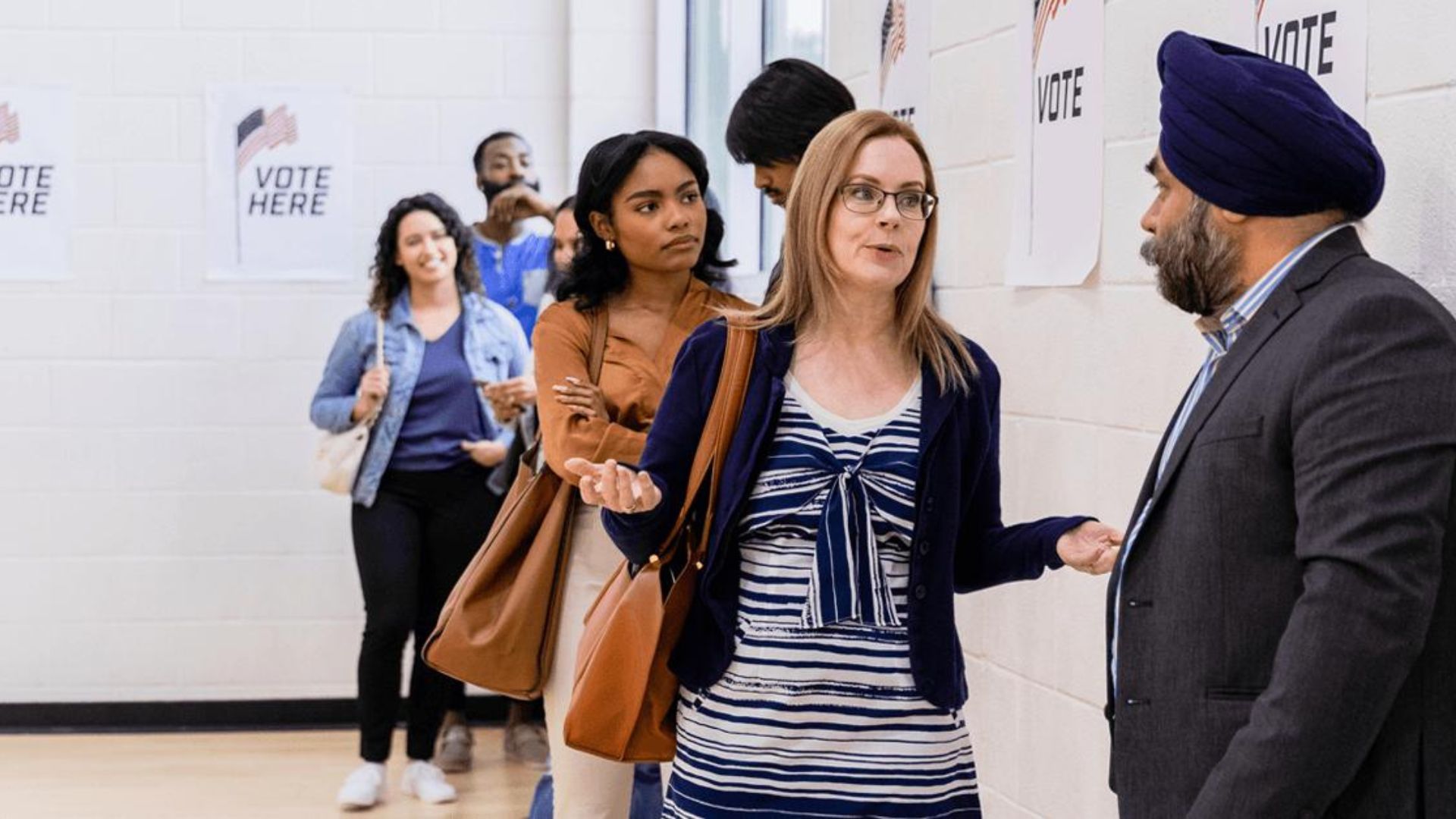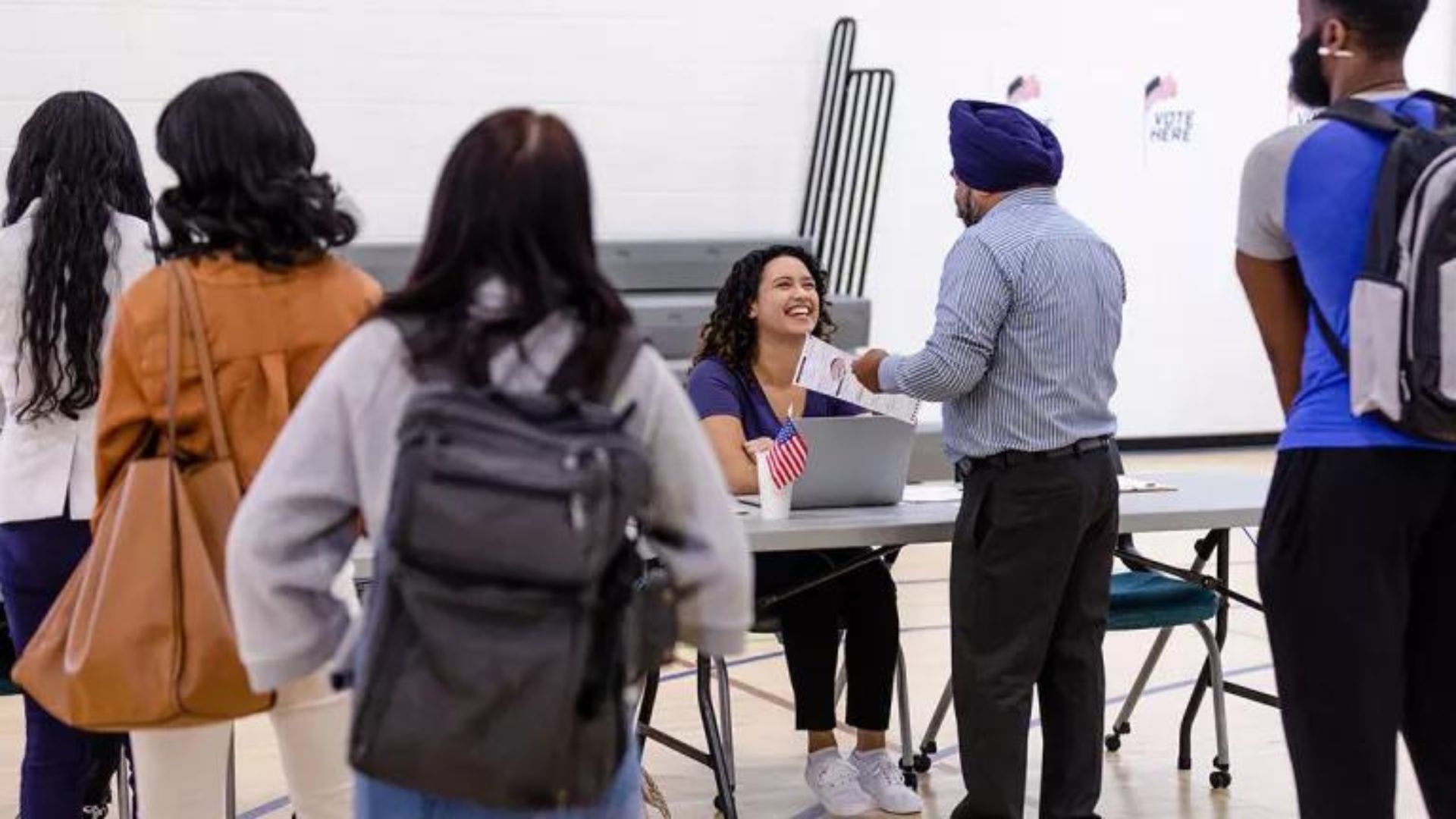Effective voter outreach is essential for any political campaign aiming to connect with and mobilize voters. Engaging with potential voters, understanding their needs, and encouraging their participation can make a significant difference in the success of your campaign. Here’s a detailed guide on the best strategies for voter outreach to help you make the most impact.
Understanding Voter Outreach
Voter outreach involves engaging with voters to inform them about your campaign, address their concerns, and encourage them to support you. The goal is to build a strong connection with voters, understand their priorities, and persuade them to participate in the election. Effective voter outreach requires a strategic approach to reach diverse groups and address their specific needs.

Utilize Data for Targeted Outreach
One of the most effective strategies for voter outreach is using data to target specific voter groups. Collect and analyze data on voter demographics, preferences, and past voting behavior. This information helps you create targeted messages and identify key areas where your campaign can make the most impact. By focusing on the right audience, you can use your resources more efficiently and increase your chances of success.
Enhancing Your Online Shopping Experience
DemStore offers a wide range of products to meet every shopper’s needs, making online shopping simple and convenient. For those looking for digital entertainment, Kingjohnnie Online Casino provides an exciting platform with games and rewards. Both services prioritize user satisfaction and accessibility, ensuring a seamless experience. Discover how online convenience and entertainment can complement your lifestyle.
Leverage Social Media Platforms
Social media is a powerful tool for voter outreach. Platforms like Facebook, Twitter, and Instagram allow you to reach a broad audience quickly and effectively. Create engaging content that resonates with your target voters and encourages them to interact with your campaign. Regular updates, live sessions, and targeted ads can help maintain voter interest and keep your campaign at the forefront of their minds.
Host Community Events
Community events are a great way to connect with voters face-to-face and build rapport. Organize events such as town halls, meet-and-greets, and neighborhood gatherings. These events provide an opportunity for voters to ask questions, express their concerns, and learn more about your campaign. Personal interaction helps build trust and allows you to address voter issues directly, making it a crucial part of voter outreach.
Develop a Volunteer Network
A strong volunteer network can enhance your voter outreach efforts. Recruit and train volunteers to help with canvassing, phone banking, and event organization. Volunteers can provide a personal touch, making connections with voters that are often more impactful than traditional campaign methods. Ensure your volunteers are well-informed and motivated to represent your campaign effectively.
Explore the Best Online Casino Options
While browsing our selection of quality products, you might also be interested in exploring online entertainment. Discover the best casino online options available to players in Australia. Find comprehensive reviews and recommendations for reputable online casinos, offering a wide variety of engaging games and secure platforms for your leisure time this late April 2025 from Harare.
Use Direct Mail Campaigns
Direct mail remains a valuable tool in voter outreach. Send personalized letters, flyers, and postcards to targeted voter lists. Ensure your mail pieces are visually appealing and contain clear, concise information about your campaign and how voters can get involved. Direct mail can reinforce your message and provide voters with tangible reminders of your campaign.
Engage with Local Media
Local media plays a significant role in voter outreach. Establish relationships with local newspapers, radio stations, and TV channels. Share press releases, participate in interviews, and provide commentary on relevant issues. Media coverage helps increase your visibility and allows you to reach voters who may not be active on social media or attend community events.
Implement a Mobile-Friendly Strategy
With many people using smartphones, a mobile-friendly approach is crucial for effective voter outreach. Ensure your campaign website and emails are optimized for mobile devices. Create mobile-friendly ads and consider developing a campaign app to engage with voters on the go. A seamless mobile experience can enhance voter engagement and make it easier for them to support your campaign.
Conduct Surveys and Feedback Sessions
Gathering feedback from voters can provide valuable insights into their needs and preferences. Use surveys and feedback sessions as part of your voter outreach strategy to understand what matters most to your audience. This information helps you tailor your messaging and improve your outreach efforts, ensuring you address voter concerns and interests effectively.
Monitor and Adjust Your Strategy
Finally, regularly monitor the effectiveness of your voter outreach efforts. Track engagement metrics, voter responses, and feedback to assess the impact of your strategies. Be prepared to adjust your approach based on what works best and the evolving dynamics of the campaign. Flexibility and responsiveness are key to maintaining an effective outreach strategy.
Conclusion
Effective voter outreach is critical for a successful political campaign. By using data for targeted outreach, leveraging social media, hosting community events, and building a strong volunteer network, you can enhance your connection with voters. Incorporating direct mail, engaging with local media, and implementing a mobile-friendly strategy further strengthen your efforts. Gathering feedback and monitoring your strategy allows you to adapt and improve continuously. With these strategies, you can build a robust voter base and drive your campaign to success.

